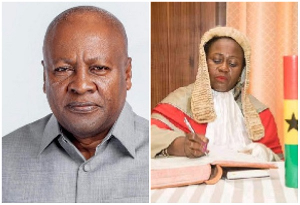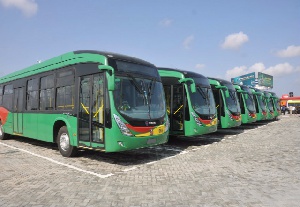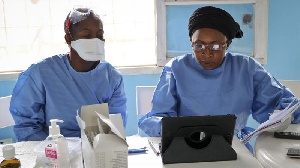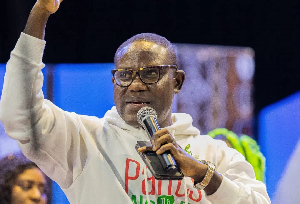The recent killing of a man in Gomoa Dago, Ghana’s Central Region, following his alleged refusal to accept a chieftaincy title has sparked profound questions about the cultural dynamics and sociological frameworks within Ghanaian society.
This tragic event highlights how deeply rooted cultural traditions can intersect with sociological constructs, influencing the development of modern education, particularly in science and technology.
From Tradition to Tension
Chieftaincy in Ghana is more than a ceremonial role; it embodies the cultural values, governance systems, and community identity preserved through generations. For many communities, traditional leaders are seen as custodians of heritage, mediators of disputes, and stewards of societal cohesion. However, the Gomoa Dago incident shows how these cultural practices can evolve into sources of tension when individual autonomy clashes with collective expectations.
The deceased, whose name remains undisclosed, allegedly declined the chieftaincy title due to personal reasons, sparking disputes within the community. This refusal to participate in a traditional role has reignited debates about the role of cultural heritage in a rapidly modernizing Ghanaian society.
The Sociological Lens: Education as a Mediator
Sociologists have long observed the tension between cultural traditions and the demands of modernity in Ghana, especially in areas like education. While cultural heritage emphasizes community obligations and ancestral roles, modern education, particularly in the sciences, promotes critical thinking, individualism, and technological innovation. These competing values often create a dichotomy for individuals navigating both worlds.
In rural communities like Gomoa Dago, where traditional practices hold significant sway, the integration of science education presents a unique challenge. Sociological studies reveal that the success of education systems depends heavily on how well they address the cultural and economic realities of their contexts. Science education, in particular, must adapt to these local dynamics to foster societal growth without alienating cultural identities.
Science Education and the Chieftaincy Paradigm
The Gomoa Dago tragedy underscores the need for science education to take on a broader role in addressing sociocultural issues. Science education in Ghana is not merely about imparting technical knowledge; it can also serve as a tool for social transformation, helping communities reconcile traditional practices with modern values.
For example, introducing sociological principles into science curricula could help students understand the historical and cultural significance of roles like chieftaincy while fostering critical perspectives on issues such as autonomy, gender equity, and social justice. By framing science education within the cultural context, educators can encourage dialogue on how traditions can coexist with modern innovations without leading to conflict.
Implications for Sociocultural Progress
The Gomoa Dago incident highlights a critical gap in how traditional systems and modern education coexist in Ghana. To bridge this divide, policymakers and educators must create platforms for open dialogue between cultural custodians and educational stakeholders. This dialogue could include:
Integrating Cultural Studies into Science Education
Providing students with a balanced understanding of Ghanaian traditions alongside scientific methodologies can help bridge the gap between cultural and technological paradigms.
Promoting Critical Thinking: Encouraging individuals to critically assess traditions while respecting their value can empower communities to adapt cultural practices to modern realities.
Fostering Community Engagement: Educational initiatives should involve traditional leaders and community members in discussions on science and technology, ensuring mutual respect and understanding.
A Path Forward
The tragic events in Gomoa Dago offer a poignant reminder of the challenges Ghana faces in balancing tradition and modernity. As the nation aspires to become a hub for scientific and technological innovation, it must also address the sociological and cultural underpinnings of its communities.
Science education has the potential to play a transformative role in this process. By equipping individuals with the tools to critically engage with both cultural and modern systems, it can pave the way for a society that values its heritage while embracing progress. The integration of these perspectives into Ghana’s educational framework could serve as a catalyst for social cohesion and national development.
As investigations continue into the incident, the hope remains that this tragedy will spark meaningful conversations about how to harmonize Ghana’s rich cultural traditions with the demands of a rapidly changing world. Through education, dialogue, and mutual understanding, the nation can create a future where tradition and modernity coexist peacefully.
Opinions of Tuesday, 14 January 2025
Columnist: Collins Owusu















